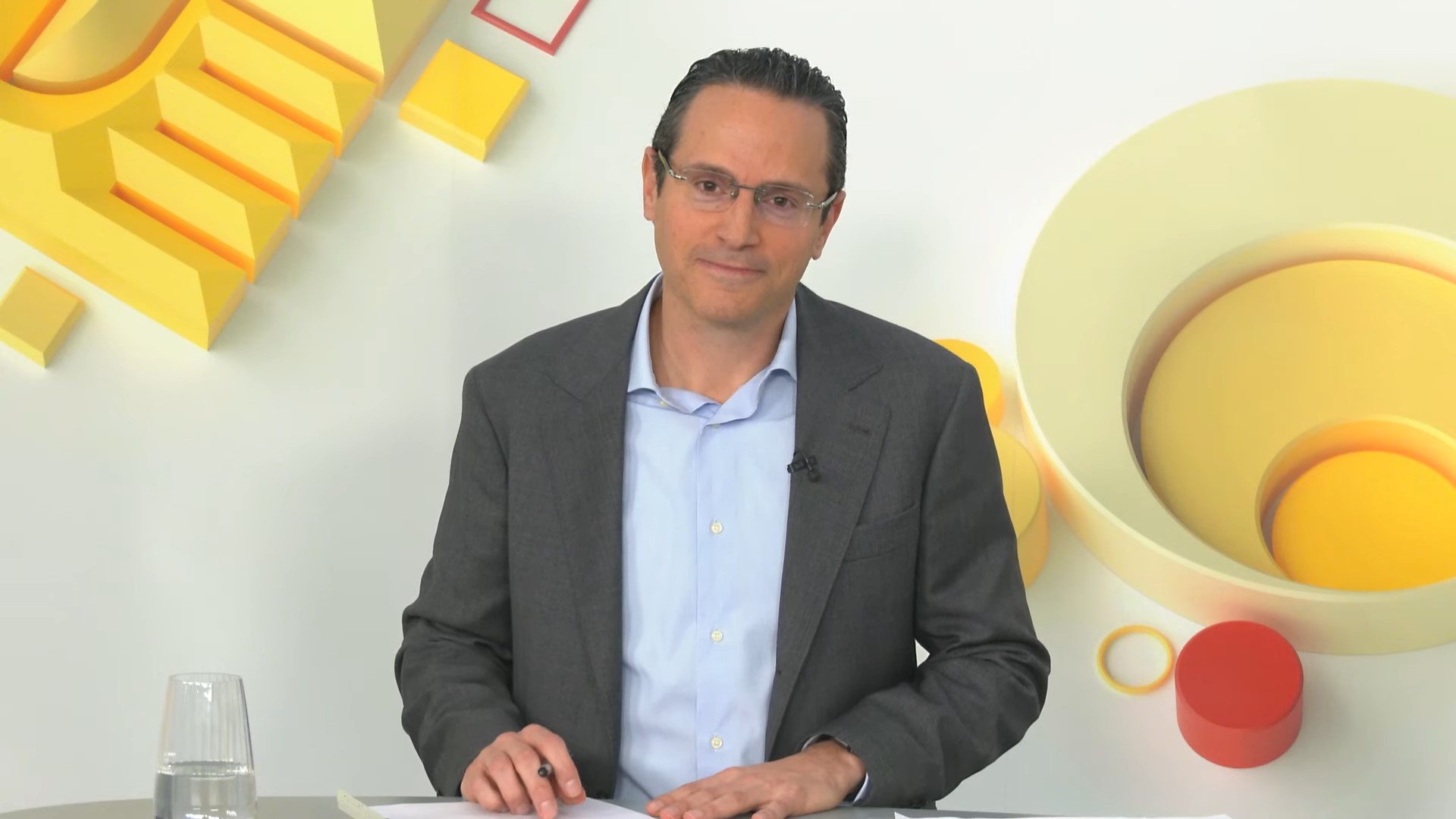The energy crisis in Europe is a “multiyear issue” and governments will have to work faster to address the lack of natural gas supplies, according to Shell’s CEO, Wael Sawan.
European LNG imports surged last year as European countries look to boost energy security and replace pipeline gas from Russia. Most of these volumes came from the US.
Due to high demand, European terminals such as the Dutch Gate LNG in Rotterdam, UK’s Grain LNG, and Greece’s Revithoussa terminal received record number of cargoes last year.
Full storages and mild winter weather pushed down prices and eased concerns in Europe and “there seems to be some who feel that it’s all back to normal,” Sawan told analysts during Shell’s fourth-quarter results call on Thursday.
“We are not out of the energy crisis in Europe. Far from, I think. This is, I think, a multiyear energy crisis, and we want to have to collectively figure out how we address that,” he said.
LNG to the rescue
“Why do I say that? I think just looking at some of the facts. So last year, what happened with Russia was roughly 2.5 percent of global gas demand was taken out because of the reduction in gas supplies from Russia into Europe. That caused havoc in the markets, as you know well,” he said.
“What supported or what bridged the gap, of course, LNG played an important role,” he said.
Moreover, mild weather played an important role, and critically, demand destruction also played an important role, Sawan said.
“There isn’t a huge amount of LNG coming into the market over the next two years. It’s around 20 million tonnes is what we see, but that’s about it,” he said.
“And one shouldn’t also forget that many of these machines have been running hard now for a good year. And you’re beginning to see some of the challenges in just the reliability of the machines around the world. So that’s an issue,” he said.
The second issue is that 50 percent of Europe’s needs was met with diverted LNG cargoes from China, according to Sawan.
“That might change or is likely to change given where things are going with the economic recovery in China,” he said.
“You don’t want to be in a position to be depending on the weather”
“So you look at that, you don’t want to be in a position to be depending on the weather as your savior or the fact that you’re going to destroy more demand,” he said.
“And so I do think this is a multiyear issue. We’ve been very vocal with governments here in Europe that we’re going to have to move faster,” Sawan said.
Shell’s portfolio has typically been positioned for Northern Hemisphere winters and the company’s investing in projects “right now” to help Europe with the energy crisis, Sawan said.
The company invested in storage in Germany and in Austria and is launching the Pierce depressurization project in Penguins in the UK, he said.
Sawan told media representatives in a separate call on Thursday that Shell delivered 194 LNG cargoes to Europe last year.
Shell’s LNG sales increased by 3 percent to 65.98 million tonnes in 2022 when compared to the year before.

